Published
- 04:00 am
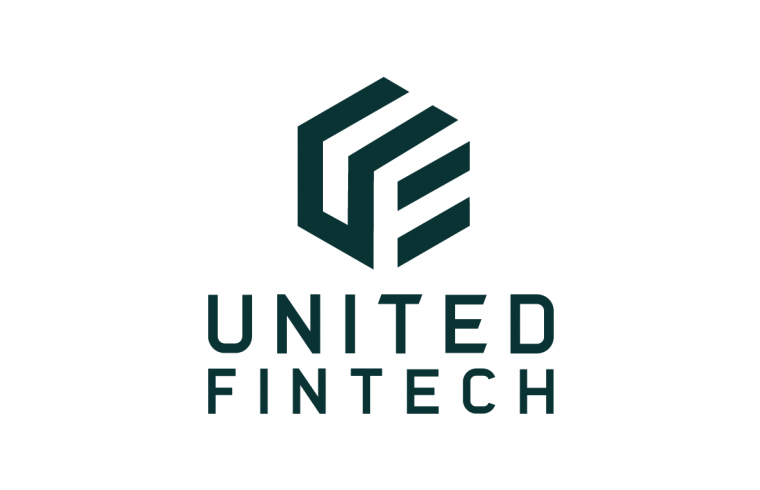
United Fintech is expanding into the US with the appointment of Mark Lawrence from Goldman Sachs as Director and Head of Americas. This is a major development for the fast-growth firm launched by Christian Frahm to help banks, hedge funds and asset managers to accelerate their transition to a digital world through access to fintechs specialising in capital markets.
Mark Lawrence joins United Fintech following 14 years at Goldman Sachs in senior sales roles in London, New York and Hong Kong, latterly as LATAM Head of EFICC (Electronic Fixed Income, Currencies and Commodities) with responsibility for also running e-FX Sales in the Americas and, prior to that, Head of EFICC APAC Sales. He has also held roles in e-FX Sales and GSET Sales, focusing on Equities and Futures electronic distribution.
Based in New York, Mark Lawrence will work closely with United Fintech’s London-based sales team, reporting in to Tom Robinson, to help scale and distribute the fintech firms acquired by United Fintech. As a member of United Fintech’s Management Committee, he will also play a role in assessing potential fintech acquisitions. Mark will grow a sales team in New York, with appointments to be announced later this year.
Christian Frahm, Founder and CEO, United Fintech:
“The US is a cornerstone in the financial markets industry and having people on the ground in both London and New York close to decision makers and clients at banks and financial institutions is critical to our success. We now have the power and presence to deliver a global offering.
“I am thrilled that Mark has chosen to join United Fintech. He has an impressive international profile, a strong track record in sales and a wide network of contacts worldwide. He is the ideal person to head up our American operations and further strengthens our extraordinary sales team – between them they have strong and established relationships with the world’s most influential financial institutions.”
Mark Lawrence, Director and Head of Americas, United Fintech:
“United Fintech is on a mission to scale and distribute the very best fintechs in capital markets through partnership and collaboration. We want to work closely with our financial institution client base to provide elegant solutions for automating workflows, easing onboarding, delivering efficiencies and saving costs. This refreshing and positive approach is hugely appealing to me and defines United Fintech.
“I worked closely with Tom when we were both at Goldman Sachs and have known Christian for many years. I’ve always been impressed by Christian’s incredible vision and energy and the talent with which he surrounds himself. This is an exciting opportunity to board the United Fintech ‘rocketship’, leverage my 14 years’ experience at Goldman Sachs and help play a major role in the journey ahead.”
United Fintech has grown at a rapid pace since its launch in November 2020 and currently employs 85 people in London, Copenhagen, Berlin, Romania and now, New York. To date, the firm has acquired and is scaling two fintechs, NetDania and TTMZero.
Related News
- 09:00 am

Cloud Services have become an integral part of business operations for many large companies and in 2020 the industry earned an estimated revenue of over $300B globally. According to data presented by TradingPlatforms.com, global public IT cloud services market revenue for 2020 was at $312.4B - a 34% Increase from 2019.
Global Spending on Cloud Services Passes $300B; CAGR of 36% From 2016-2020
In 2016, global spending on public IT cloud services was just under $100B. In 2021 that figure has ballooned to a healthy $312.4B after experiencing a 34% increase from 2019’s $233.4B revenue. In the 4 year period from 2016-2020 revenue from spending on cloud services grew at an impressive compound annual growth rate (CAGR) of 36.31%.
SaaS Accounts For Largest Share of Revenue; IaaS Saw Highest Growth in 2020
Of the three main types of cloud services, Software as a Service (SaaS) still accounts for the largest share of total revenue with a 63% share. In 2020 SaaS revenue amounted to $197.6B which is a 33% increase from 2019’s $148.5. S From 2016-2020 SaaS revenue grew at a CAGR of 34.1%
Infrastructure as a Service (IaaS) held the second-largest share of the revenue accounting for 21.5% of total revenue. IaaS experienced the largest growth among the three main types of cloud services with a 37% increase in revenue from $49B in 2019 to $67.2B in 2020. From 2016-2020 IaaS had a staggering CAGR of almost 40%.
Platform as a Service (PaaS) revenue accounts for just 15% of total revenue and experienced a 32.6% increase from $35.9B in 2019 to $47.6B in 2020. PaaS experienced a CAGR of 42.42% from 2016-2020, the highest out of the three main types of cloud services despite experiencing the lowest YoY growth.
Rex Pascual, editor at Trading Platforms, commented:
“The cloud services industry was already gathering strong momentum prior to the outbreak of the COVID-19 pandemic in 2020. Lockdowns across the world resulted in many businesses rapidly shifting to cloud-based services giving the industry its highest YoY growth to date. Expect the industry to sustain this growth as many more businesses see the value in the adaptability of cloud services even in a post-pandemic world.”
You can read more about the story with more statistics and information at: https://tradingplatforms.com/blog/2021/06/03/global-public-it-cloud-services-market-revenue-increased-by-34-in-2020-312b/
Related News
- 05:00 am
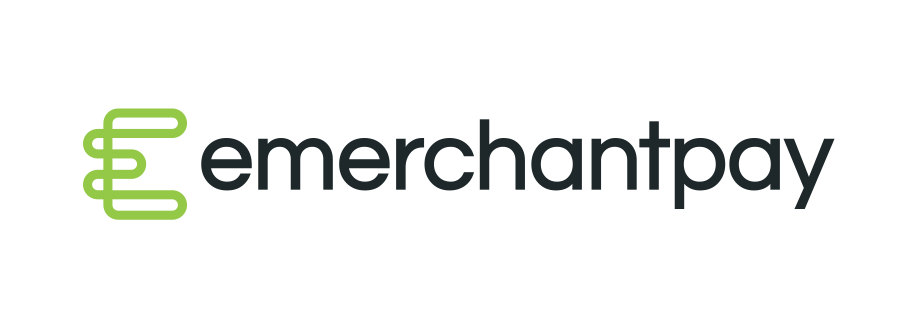
emerchantpay, a leading payment service provider, today launches its issuing solution across Europe. The service enables businesses to create, manage, and distribute virtual and physical payment cards to their customers, offering greater flexibility and control over card transactions.
Businesses in the United Kingdom and Europe can use the solution to create and issue their own branded debit and pre-paid cards, physical or virtual, in just seconds. With total control over fund transfers, limits, real-time authorisation workflows and multiple currencies supported, emerchantpay’s card issuing is empowering businesses to open new lines of revenue and scale at speed.
Available through a single API integration, businesses can leverage cardholder know your customer (KYC), approvals, advanced fraud prevention and automated renewals, all managed via emerchantpay’s card issuing API.
The solution provides robust back office portal for card programme managers and also works seamlessly with emerchantpay’s broad suite of products so that businesses can manage their card issuing programme alongside payments, fraud prevention, global payment methods, reporting and reconciliation. This launch also means that emerchantpay’s current user base gains access to card issuing.
Jon Horddal, Chief Product Officer at emerchantpay, said: “From fintechs to iGaming operators, insurance firms and many other businesses can use our new card issuing service to offer their cardholders streamlined card issuing services and help them simplify payments. As a rapidly growing payments company, designing a fast, transparent and secure card issuing programme is integral. We’re looking forward to enabling businesses across the UK and Europe to build smarter by making use of our forward-thinking solution offering and our many years of experience in the global payment landscape.”
Related News
- 02:00 am
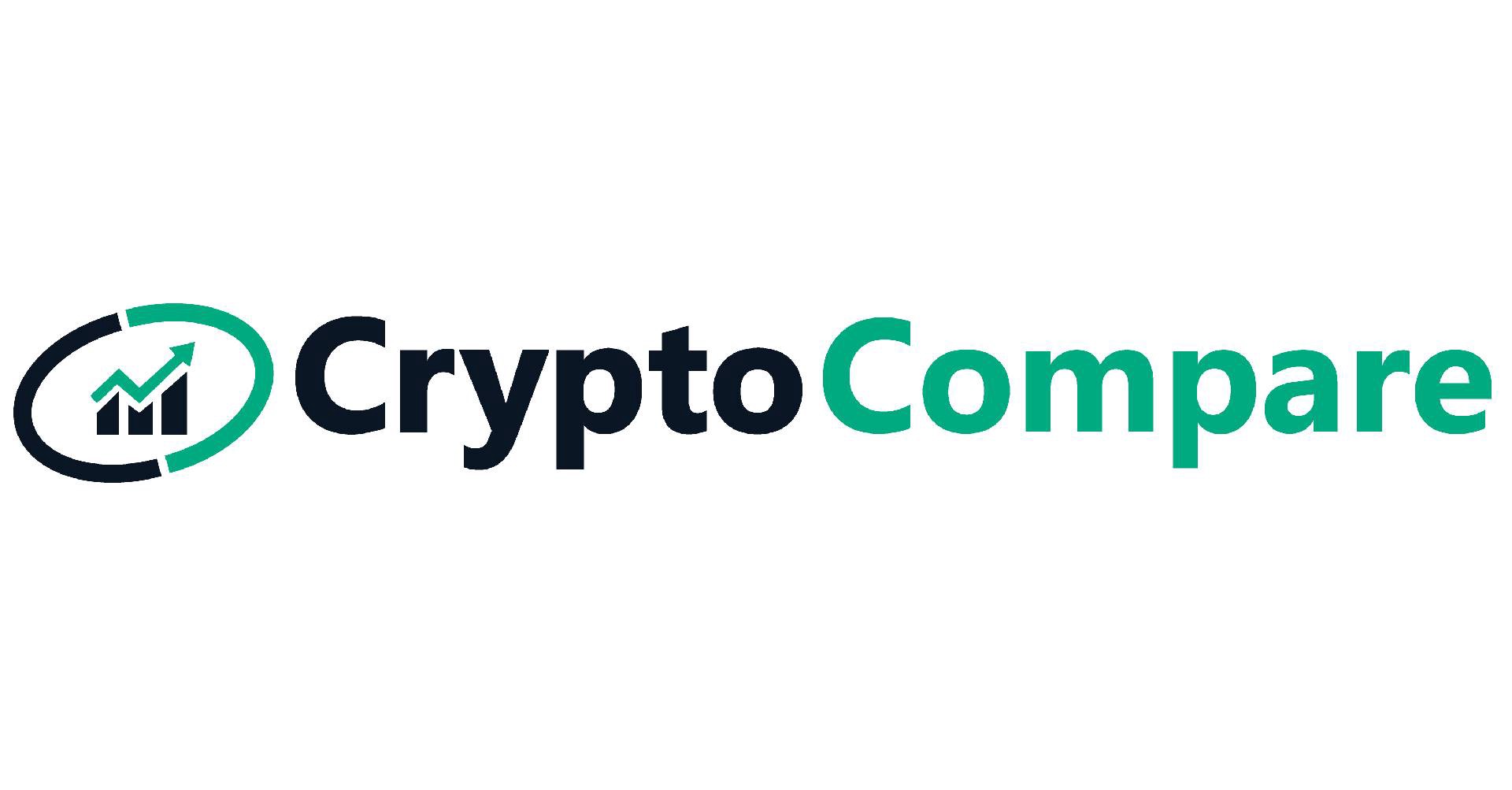
Today, MV Index Solutions GmbH (MVIS®) and CryptoCompare announced the licensing of the MVIS CryptoCompare DigitalAssets 10 Index (ticker: MVDA10) and MVIS CryptoCompare Digital Assets 25 Index (ticker: MVDA25) to FTX, a cryptocurrency exchange, for the launch of two new perpetual futures products.
“Perpetual futures are a brand new use case for our indices. We are happy to announce this partnership with FTX, which makes our two broader digital assets benchmarks available to investors in this framework,” said Thomas Kettner, COO at MVIS.
The MVIS CryptoCompare Digital Assets 10 Index and MVIS CryptoCompare Digital Assets 25 Index are modified market cap-weighted indices that track the performance of the 10 and 25 largest and most liquid digital assets. To ensure investability, MVIS CryptoCompare indices undergo rigorous liquidity screenings.
"We're really excited to launch products on FTX with MVIS indices. This is one small step towards bridging the gap between crypto and traditional finance; hopefully there will be many more to come," said Sam Bankman-Fried, CEO at FTX.
“VanEck’s MVIS is excited to support innovative companies and products on the intersection of traditional finance and digital assets. MVIS leadership in indexing and FTX’s leadership in perpetual swaps makes for a compelling product and partnership benefitting the end user,” said Gabor Gurbacs, Director of Digital Asset Strategy at VanEck/MVIS.
“We are delighted that MVDA10 and MVDA25, powered by CryptoCompare’s premium market data, will support FTX’s newest perpetual futures products. This exciting partnership offers an innovative application for our trusted suite of MVIS CryptoCompare indices, and provides investors with new vehicles to gain exposure to digital assets,” said Charles Hayter, CEO of CryptoCompare.
The MVIS CryptoCompare Digital Assets 10 Index (ticker: MVDA10) and MVIS CryptoCompare Digital Assets 25 Index (ticker: MVDA25) are calculated in US Dollars as a price index and are reviewed monthly. Capping factors are applied to avoid overweighting of single index components. For more information about the index, including methodology details and data, please visit the MV Index Solutions website.
Related News
- 05:00 am
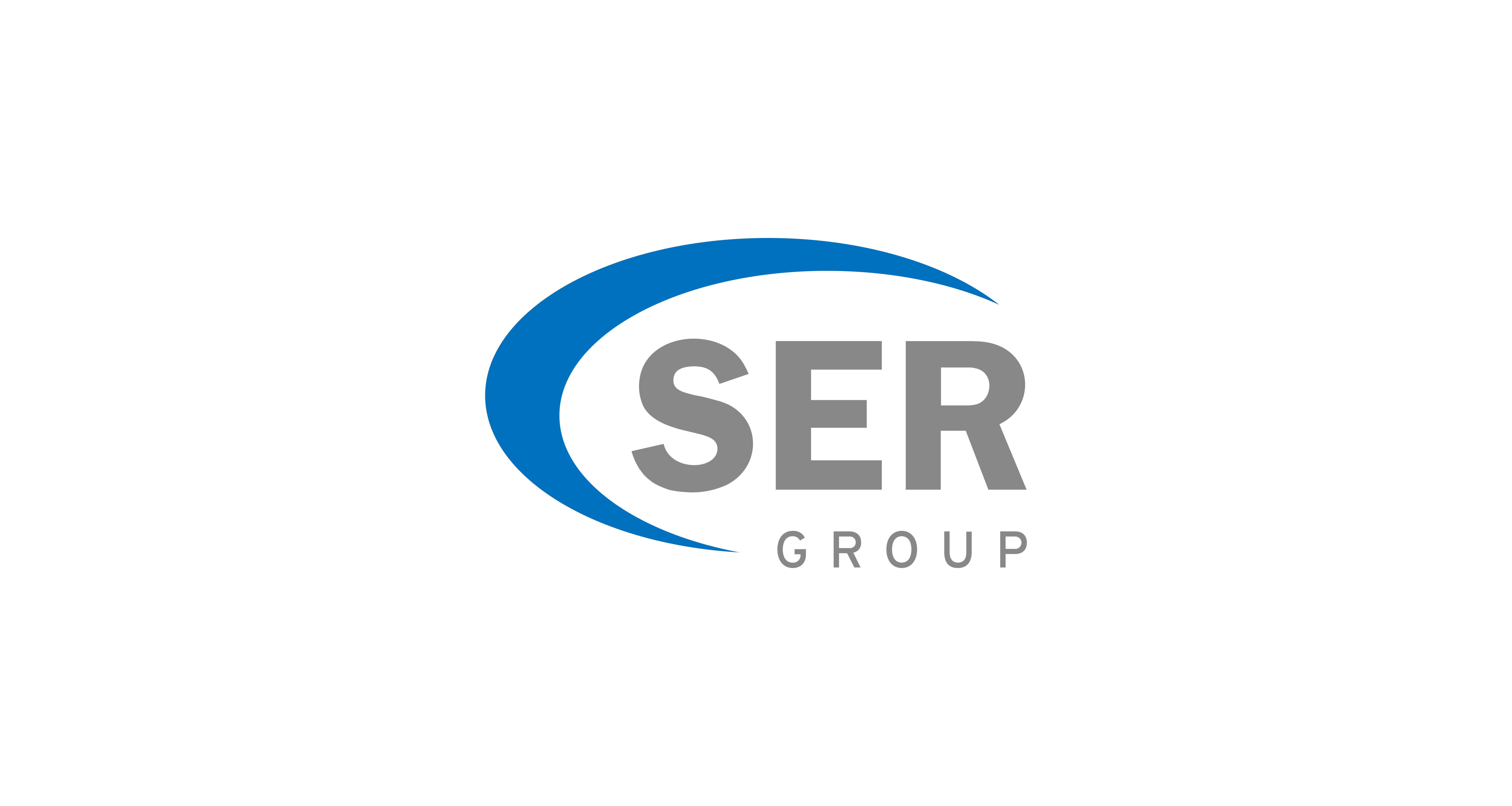
With Doxis4 SmartBridge for Teams, the SER Group offers a new connector that enables its customers to access all information centrally on the Doxis4 enterprise content management (ECM) platform directly in Microsoft Teams. The connector ensures traceability and transparency to enhance team productivity and enables the fulfillment of governance policies and regulatory requirements.
“Since working remotely has become the norm, there has been a dramatic increase in the use of Microsoft Teams,” says Stefan Zeitzen, CSO of the SER Group. “This additional communication channel has resulted in further information silos – making content collaboration more difficult. For example, users struggle to track document versions. This is where Doxis4 SmartBridge for Teams comes into play: It breaks information free of silos by efficiently connecting Doxis4 and Microsoft Teams.”
Furthermore, data protection and retention options in the Microsoft 365 suite are complex, which can result in governance and compliance risks. With Doxis4 SmartBridge for Teams, companies can close gaps and access information and processes from Doxis4 directly in Microsoft Teams. As the Microsoft application has become one of the main channels where information is shared,* it is more important than ever for companies to integrate Teams with their information management solution.
Improve productivity and security with Doxis4 SmartBridge for Teams
“As a long-time Microsoft Gold Partner, we have a deep understanding of Microsoft products and their user requirements. With Doxis4 SmartBridge for Teams we are adding important functionality to one of the most popular Microsoft applications. Our customers can easily integrate Doxis4 as an app in Microsoft Teams and thus connect seamlessly to their centralized information management in Doxis4. This promotes teamwork and improves information governance,” explains Dr. Gregor Joeris, CTO of the SER Group.
Centralized access to information: Doxis4 not only enables users to access content from the Microsoft suite, but also provides them access via the app to content from other connected systems such as SAP or Salesforce that they might need for a project or task.
Work on processes in Microsoft Teams: Tasks, processes as well as individual or group workbaskets in Doxis4 can be integrated directly in Microsoft Teams. This gives users in Teams greater transparency regarding the status of all processes and new information received. Users can simply work on processes and information in the Microsoft app, thus enhancing productivity.
Context-related searches: When a user searches for a customer, project or process, Doxis4 displays all the information related to this context, as well as who created and worked on it and when. Users can also carry out searches directly in Microsoft Teams without switching applications.
Information governance and compliance: SER Group customers who use Microsoft Teams have the assurance that content in Doxis4 is stored in alignment with corporate governance policies and regulatory requirements. Team members can file documents newly created in Microsoft Teams in a structured manner into Doxis4, where they can be archived in an EU GDPR-compliant and audit-proof manner, as well as assigned appropriate access and retention rules.
Doxis4 project eFile in Microsoft Teams
Automation streamlines administrative tasks
The structured filing and compliant archiving of content from Microsoft Teams will become even easier in the future. Dr. Gregor Joeris says: “We plan to automate many tasks, for instance, the set-up of new eFiles when a new Teams channel is created. In addition, documents, chats and meeting recordings will be automatically archived.” This cuts down on time-consuming administrative tasks and helps companies ensure that information from Teams is fully integrated into their centralized information management solution.
Find out more about the further integration options of Microsoft and Doxis4.
Related News
- 05:00 am
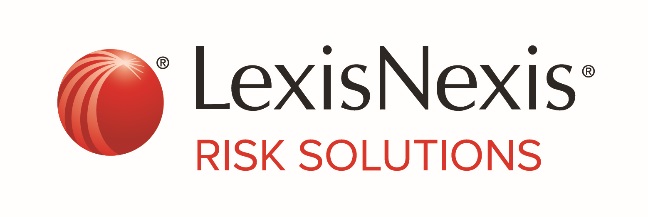
LexisNexis® Risk Solutions, the global data and analytics provider, has today announced that it has expanded its LexisNexis EDD Insight screening capabilities to streamline the process for users, enhance efficiencies, and ensure that no potential matches are missed when risk screening. Ultimately, the upgrades will ensure an even more efficient approach to enhanced due diligence (EDD) screening for users.
LexisNexis EDD Insight aggregates consumer, business, and risk data into a single portal, helping organisations to evaluate risk quickly and confidently with a unique combination of consumer, business, and risk information, all within one web-based investigation platform.
This latest update sees the LexisNexis EDD Insight Business Report automatically screen the ultimate holding company, persons of significant control, and shareholders identified against LexisNexis® WorldCompliance™ Data† in addition to company name and current directors. As a result, firms can get a clearer view of a business within a single report and will need to conduct less additional screening.
EDD checks are a key part of businesses’ risk assessment process. When higher risks are identified, under the UK’s money laundering regulations, firms must apply enhanced due diligence measures requiring them to undertake more in-depth checks. This was taken a step further when the requirements of the Fifth Anti-Money Laundering Directive (5MLD) were implemented. For those conducting this process manually, it can be time consuming, inefficient, unreliable and could result in firms falling short of meeting their regulatory obligations.
Steve Elliot, Managing Director of LexisNexis Risk Solutions, UK & Ireland comments:
“This latest update will further enhance firms’ EDD programmes and help significantly reduce undetected risks when it comes to screening customers. By automatically incorporating more data into the screening process, users no longer need to carry out any manual checks, which should both save time and free up compliance professionals who can then focus on the more skilled and cognitive tasks such as implementing a risk-based approach to compliance activities.
Using LexisNexisEDD Insight, firms can feel more assured in their efforts to comply with their EDD obligations under the Fifth Money Laundering Directive. According to our own research, despite the requirements coming into force over a year ago, UK firms are on average just 60% of the way through their implementation programmes, meaning they are not only at risk of penalties for non-compliance but could inadvertently allow illicit activity slip through the cracks, opening them up to potential reputational risk, too. At LexisNexis Risk Solutions we are committed to helping firms work to detect and deter crime, and ultimately ensure that we protect society at large from the impact of all forms of economic crime.”
Related News
- 04:00 am
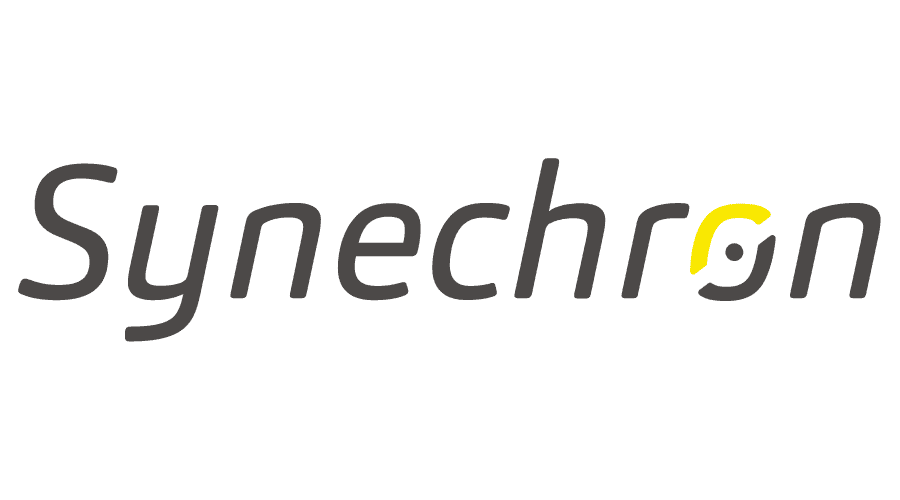
New York, Toronto, London, Switzerland, Paris, Amsterdam, Dubai, Singapore, Hong Kong, Bangkok, Melbourne, Sydney, Auckland, Mumbai, Pune, Bengaluru, Chennai and Hyderabad.
Synechron, a leading digital transformation consulting firm focused on the global financial services industry, has proudly partnered with Squirro, the Augmented Intelligence (AI) solutions provider. The two companies have been working together to deliver award-winning and innovative solutions to financial services clients, most recently helping them extract insights from their unstructured data and unlock the power of information by leveraging AI.
Synechron, with 22 offices around the world employing 10,000+ people, is known for its business consulting and the expertise in seamlessly integrating emerging digital technologies, such as Blockchain, Artificial Intelligence, and Machine Learning for its clients. Squirro’s AI solutions are used by financial services, as well as other industries, to extract key actionable insights from the unstructured data they hold. This insight can be used to better understand customers and their markets, and then deliver a better experience to them. Since the inception of this partnership, Corporate and Institutional Banks (CIBs) and global insurers have benefited from enhanced understanding of their clients, turning costly but available data into new opportunities.
The success of this alliance started with the July 2019 Allianz Global Investors (AllianzGI) hackathon, in which nine global start-ups competed to find the best AI solution to enhance fund investment performance. Synechron and Squirro won in the distribution technology category and the start of a fresh partnership began. “Collaboration is at the heart of what we do and partnering with Squirro in the hackathon made it clear what potential we had together,” said Mihir Shah, Head of Europe, Middle East, and APAC, Synechron.
Through the combination of Squirro’s cutting-edge technology and Synechron’s ability to scale and scope out engagements of all sizes, clients have been able to implement the Augmented Intelligence App within their businesses with confidence. Together, they helped Standard Chartered Bank unlock the power of data using Natural Language Processing to discover new ‘Client Insights’. This new and novel platform provides an increased time to market, improved productivity, and enhanced client experience. ‘Client Insights’ has since been recognised by the Triple A Asset Asian Awards and the Business Intelligence Group AI Excellence Awards for the exceptional and transformative work delivered.
“One of the greatest challenges financial services firms are facing is how to manage their unstructured data. The work we are doing with Squirro is not only enabling our clients to understand that data but also allowing them to leverage it, through the use of Augmented Intelligence. The partnership provides our clients with the benefit of working with a leading professional services firm with world-class financial services expertise, paired with Squirro’s cutting-edge technology. The work we have done together with Squirro thus far is testament to what can be achieved, and I am excited to see what this partnership will bring in the future,” said Shah.
Ralph Straeuli, Director Partner Management at Squirro added, "Every organization today has stepped towards digital transformation, leveraging advanced technologies and platforms. Companies are also generating a wealth of information with every move, often collected in raw and unstructured form. Embracing insights engines based on Cognitive Search is an apparent data analytics strategy for businesses. We are very proud of the partnership with Synechron, combining Synechron's world-class Digital Transformation consulting expertise with Squirro's renowned and visionary Insights Engine platform to help customers solve a range of critical business challenges."
To learn more about the Synechron-Squirro Partnership, please visit https://www.synechron.com/squirro-partnership
Related News
- 01:00 am

26% of organisations will not be fully data-driven for another four to five years, according to findings from the latest FinTech Barometer survey of finance professionals, carried out by Visma | Onguard, the fintech company that focuses on the order-to-cash process. This reflects a move to becoming data-driven being a long-term agenda item for many businesses, with only 15% hoping to reach this goal within the next year.
In the wake of a year of disruption and uncertainty, the most popular driver for becoming fully data-driven was the hope of being more responsive to market developments and trends (23%). Wanting to improve the customer experience was also front of mind for 22% of businesses, reflecting the need to keep pace with rapidly evolving consumer expectations in order to remain competitive. In line with this, 16% were hoping to use their data to increase service/product offering.
Despite a significant portion of businesses stating that they are still working towards becoming fully data-driven, for most organisations, data is already contributing to their digital strategies. 38% currently utilise data in a supporting capacity to assist in their businesses processes, while over a quarter (27%) of businesses also possess large amounts of data but are unsure of how to maximise its potential. Only 6% of respondents reported not leveraging data in any way.
Although fully data-driven processes remain a long-term objective in the main, finance professionals have high expectations when it comes to the potential of big data. Second only to artificial intelligence (40%), the big data trend is expected to have the greatest impact on the order-to-cash process in the financial sector (34%), with cloud & SaaS (32%) following closely behind.
Marieke Saeij, CEO at Visma | Onguard: "The journey to becoming a fully data-driven organisation is undoubtedly a long-term process fraught with challenges, supported by the fact that over a quarter of businesses expect to spend at least four years making the transition. What’s clear however is the recognised need among businesses to be more agile in their operations and meet changing market developments, particularly after the challenges of the last 12 months.
“The rapid emergence of supporting technologies, such as Intelligent Automation (IA), which is the combination of big data, artificial intelligence and the Internet of Things, allows business processes that are not repetitive or predictable to be automated through intelligence, immediately allowing organisations to leverage their data in a more effective way.”
Related News
- 06:00 am

Surecomp® today announced that it embraces and is fully equipped to support the G7 move that will allow companies to electronically transfer trade documents for improved efficiency and cost savings.
The recent pledge from the G7 technology ministers - which has been welcomed by the ICC and further backed by the UK’s Law Commission who is now also legislating to allow for digital trade documents - has put trade digitization firmly at the top of the post-pandemic recovery agenda. Surecomp reinforces the view that this milestone is a pivotal turning point in helping remove the trade inertia associated with paper-based document transfer.
Surecomp is able to provide banks across the G7 and beyond with a fully digital front-office solution that allows their corporate customers to use true electronic documents of title as soon as national legislation is enacted. Using an electronic bill of lading enables all participants to conduct end-to-end digital trade finance based on the traditional letter of credit, merging the trust in the crisis-proven letter of credit with the benefits of an electronic transaction in terms of speed, security and convenience. In supporting electronic title documents, Surecomp’s front-office solution is able to provide sufficient time for banks and corporates to be prepared by the time legislation is in force.
“This is not only a momentous step in the evolution of trade digitization, but a fundamental one to the recovery and growth of global trade as a whole,” reiterates Alexander Goulandris, co-CEO and CRO of essDOCS and co-chair of the ICC’s digitization working group. “The increased interoperability facilitated by partnerships between technology providers such as Surecomp and essDOCS, will result in notable cost and efficiency benefits, which will in turn lead to unprecedented trade collaboration, inclusion and economic growth.”
“By continuing to invest in digital solution innovation, Surecomp is wholly dedicated to setting the new global standard in trade finance digitization,” states Enno-Burghard Weitzel, Surecomp’s SVP of Strategy, Digitization and Business Development. “Thanks to the ICC and the G7, we are on the cusp of true digital trade transformation and Surecomp is providing an integrated solution to our customers ahead of time.”
Related News
- 02:00 am

Enfuce is launching a program in partnership with Visa to enable European fintechs to launch their own payment card offerings cost-effectively in only 8 weeks. This way fintechs can offer their customers physical and virtual payment cards without having to spend months on the launch, getting the required certifications, or hire in-house experts for business processes mandated by card schemes.
“Enabling card issuing for non-licensed fintechs in only 8 weeks is groundbreaking. This opens new opportunities for them to offer a more seamless, fun, effortless and most of all secure customer experience in a scalable way”, says Denise Johansson, Co-Founder at Enfuce.
Whether physical or virtual, modern payment cards have created a whole new commerce, business and payments landscape. Fintechs that have introduced their own payment card offerings have been able to monetize their customers’ payments, expand their services and differentiate their brands.
Enfuce allows fintechs to design and launch flexible payment cards that are highly customizable, and support the latest digital payment features, including Apple Pay, Google Pay and Samsung Pay. Built on Enfuce high-performing and scalable payment processing platform, the service allows fintechs to enter new geographical markets and launch new features fast.
Enfuce’s new service is a fully turnkey card issuing service including key enablers such as BIN sponsorship, card scheme integration as well as fraud prevention and dispute management. With Enfuce, fintechs can become card issuers in just a few weeks and enable their customers to start paying instantly from applying for their cards. This is a step change in speed to market compared to the traditional card issuing projects, which usually take months and require partnering with various service providers.
Enfuce partnered with Visa to launch the program. It was created with their shared ambition of helping fintechs launch differentiating payment cards as a part of their offering in a fast and scalable way. Visa will power the program with tokenized multi-currency BINs, which enables Enfuce customers across Europe to launch and scale prepaid and debit card products for both business and consumer customers. Through the service, fintechs will introduce their card products to the market in an accelerated timeline and get a direct commercial advantage in comparison to obtaining their own BIN.
“Since we founded Enfuce, we’ve been looking for ways to change the payment industry. Collaboration is the key to success, and having Visa on board with us on this amazing offering is proof of great partnership between an industry giant and a startup”, Johansson states.
The program is a continuation of a close partnership between Enfuce and Visa, which started in November 2020 when Visa selected Enfuce to participate in their Fintech Fast Track program. The program allowed Enfuce to join Visa’s exclusive network of partners and build superior payment experiences with their support.
“We are thrilled to provide increased support and speed to market for the Fintech ecosystem. Collaborating with an enablement partner like Enfuce makes it possible for the Fintechs to build and launch their products effectively on Visa network, and help them grow and scale their business in record time” says Helene Podsadni Nilsson, Head of Fintechs Nordics & Baltics at Visa.









